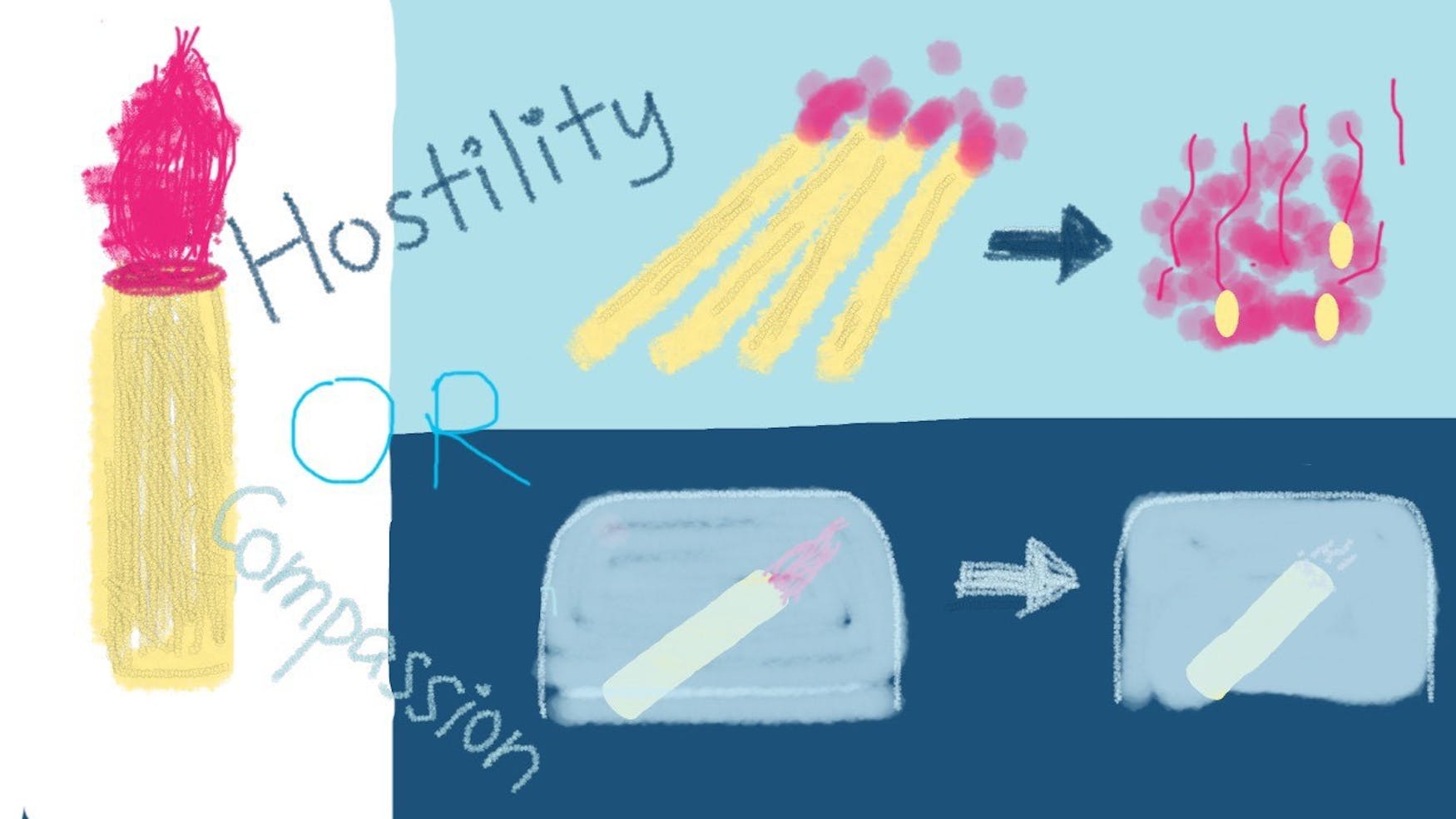Cancel culture: a truly toxic phenomenon in modern politics
President Obama recently gave remarks about the phenomena of cancel culture and callout culture during an interview about youth activism with the Obama Foundation. “People who do really good stuff have flaws,” said the former president, who went on to express his discontent for the watered down and lazy activism that “wokeness” is creating. An angry tweet calling someone out about something they have done wrong is “not bringing about change,” according to Obama. President Obama’s comments get to the heart of a major problem causing division and rancor in America. Social activism and social change have been replaced by anger, expressed in unconstructive ways.
For those unfamiliar with callout culture, a brief overview is in order. Callout culture is the tendency for people to shame each other for actions or words deemed politically incorrect. This criticism can be either in person or on social media. Cancel culture is the unhappy younger sibling of callout culture. Any words or deeds too egregious to forgive, criminal or not, now warrant cancellation. Canceling a celebrity or a public figure takes the form of a boycott of their products or services. The idea is to rob them of their power and influence by cutting them out of everyday life. Canceling people in real life can manifest itself as the silent treatment, shame messages and complete social ostracizing. Teens who have made poorly informed decisions are canceled in a way reminiscent of the ancient world: convicted without trial, exiled and left to languish. A ‘canceled’ 15-year-old interviewed by The New York Times said of her experience, “(a)ll the friends I had previously had through middle school completely cut me off. ... Ignored me, blocked me on everything, would not look at me.” It took a while for her to realize she had been canceled, but eventually the signs became abundantly clear. The Times did not specify what she had done to protect her identity. As soon as she questioned why she had been canceled, she began to receive a tsunami of hate messages. It seems that the ideal of woke perfection has been distributed to the masses as a pocket volume of a book called “take no prisoners; eat your young.”
Humorist Stephen Fry condensed his similar discontent in a Munk Debate, "one of the greatest human failings is to prefer to be right than to be effective." Nine times out of ten, call-outs are correct in their content. Be that as it may, people can do more to express their qualms in a constructive manner. There are a lot of smart people with all kinds of political beliefs that have fallen from grace due to the appeal of a one-size-fits-all approach to outrage at anything one is “woke” enough to recognize as wrong. It’s reassuring to know better than somebody else and to prove that. While this is not my segue into plugging Joe Biden for president again — I can admit that I was wrong about that much — there is room for more varied approaches in the pursuit of change rather than personal catharsis.
Hostility met with hostility is the new style in Washington. Resistance is power, and no doubt an important piece of the puzzle in affecting social change. Some measure of compassion into the world of cancel culture is necessary if division is not to conquer America. Consider, for a moment, a dinner party. An episode of the podcast “Invisibilia” from NPR details the real life story of a warm summer’s night where a group of people are seated around wine and cheese celebrating the opening of a friend’s restaurant. Suddenly, an armed robber appears and the situation escalates so the guests fear for their lives. They have no money to give the man, and there are children in their company. Desperate for a solution, one of the guests offers the robber a glass of wine, and taken aback, the man accepts it. He sits down to wine and cheese, and eventually asks for a hug. All the guests embrace the strange man and the strange situation, and the man goes home with a glass of wine. The guests laugh and cry at the ridiculousness of the events that just transpired. A truly one of a kind event, but it illustrates the documented psychological phenomenon of non-complementary behavior. In short, according to a study published by the American Psychological Association, the idea of complementarity states that people tend to mirror each other’s behavioral patterns. Hostility begets hostility, kindness begets kindness. Meeting either circumstance with a markedly different response can have effects that sound exaggerated.
It feels so often that giving up ground in making room to be compassionate weakens the cause for which you fight. NPR says in a salient article, “It could feel like giving up too much and setting yourself up for being taken advantage of.” How do I project strength in the face of all the evil in the world? I take heart knowing that wise people like Elijah Cummings believed both that America had the potential to be the greatest country in the world through civil discourse and compassion, and worked until the end in to achieve that goal. At Cummings’ funeral, President Obama spoke to resounding applause: “There is nothing weak about kindness and compassion … you’re not a sucker to have integrity.” In this sense, cancel culture and the liberal left is not the last bastion of pure thought in America, even though sometimes it seems that way. I’m guilty of mistaking judgment for activism. Often I think that I know a lot about people, have them figured out and that I can diagnose the most right and most effective solution. I, too, think that compassion is cliche, but in recognizing all the things I don’t know, I think I’ll make more room for it this week.



Please note All comments are eligible for publication in The Justice.